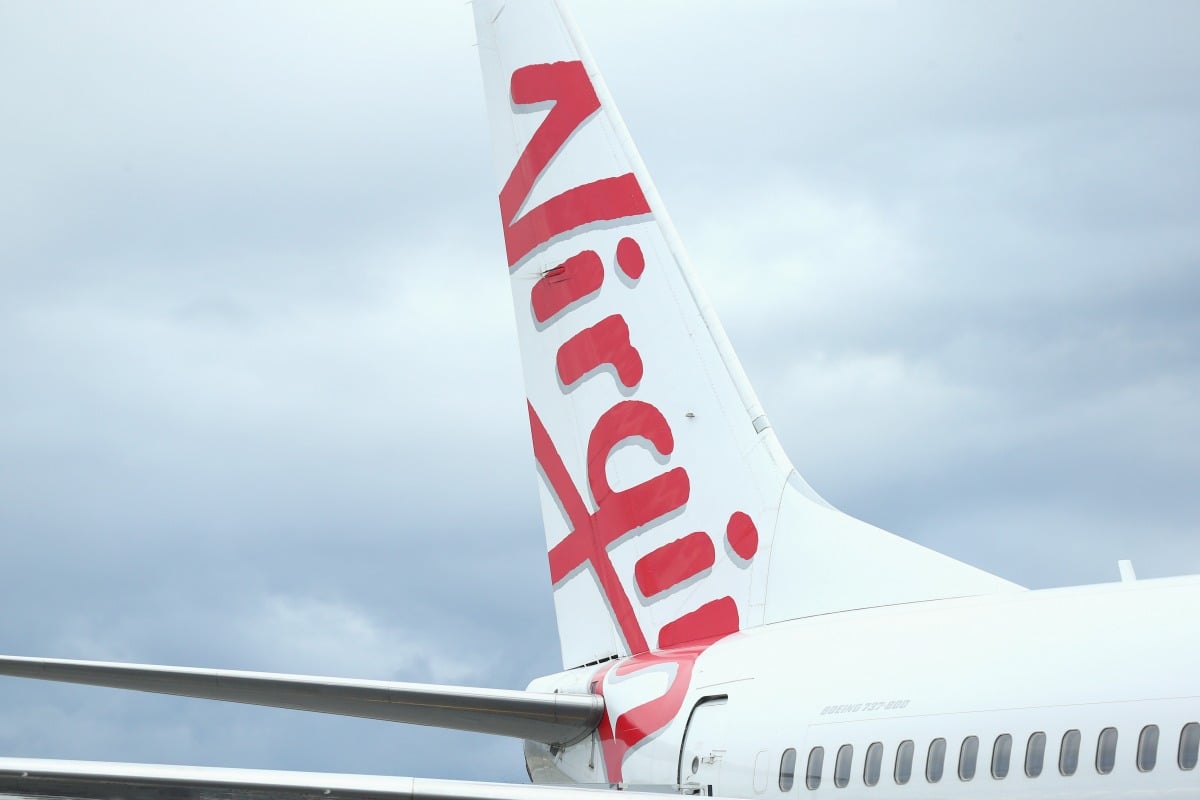
Virgin Australia’s decision to honour Australian war veterans on its flights by giving them priority boarding has been met with both praise and criticism.
The move is similar to what takes place in the United States. Along with priority boarding, veterans will be publicly acknowledged during in-flight announcements.
“We acknowledge the important contribution veterans have made to keeping our country safe and the role they play in our community,” Virgin Australia chief executive officer John Borghetti told Brisbane’s Sunday Mail.
The airline’s announcement came after the Federal Government revealed a suite of new measures for veterans, including a discount card for returned service men and women, a lapel pin to recognise their “unique contribution” and a program to help them find suitable work.
“Once the veterans have their cards and lapel pins, they will simply need to present them during the boarding process to be given priority boarding and be recognised on board,” Borghetti said.
While Virgin’s plan is clearly meant to show respect and acknowledge the crucial contributions of military veterans, others have criticised the decision.
Who is for Virgin’s decision to give war veterans special treatment on flights?
Prime Minister Scott Morrison and Defence Industry Minister Steve Ciobo praised Virgin’s proposal, with Ciobo calling on Qantas to follow suit.
He described Virgin as a “trailblazer” and urged other businesses to take the initiative on board.

Top Comments
It's a very American thing. Make a big song and dance about their veterans while at the same time medical insurance companies are refusing ptsd claims arguing that they were pre existing conditions. The fact that there are over three hundred thousand veterans homeless would indicate that the USAs reverence for them is mainly tokenistic.
Please let us not become Americanised in this way too. I can understand the desire to pay tribute to members of the defence forces (having two in my family), but like Neil James said, it smacks of tokenism.
How about we develop sound foreign policy so current members lives aren't unnecessarily endangered instead? Or repair the countries failing infrastructure, make the 'Lucky Country' that so many of them fought and died to keep free, in as good a shape as it can be?
Not just wave a flag in their faces while ignoring what they want.